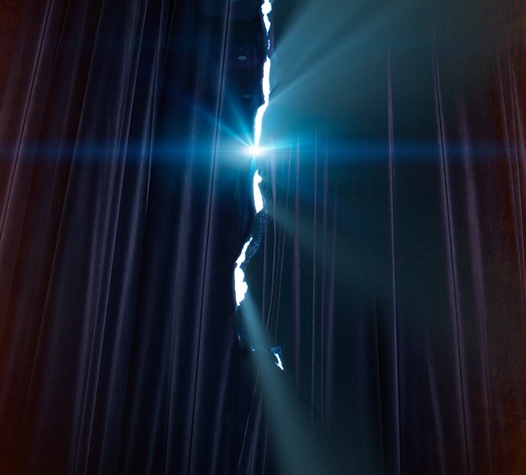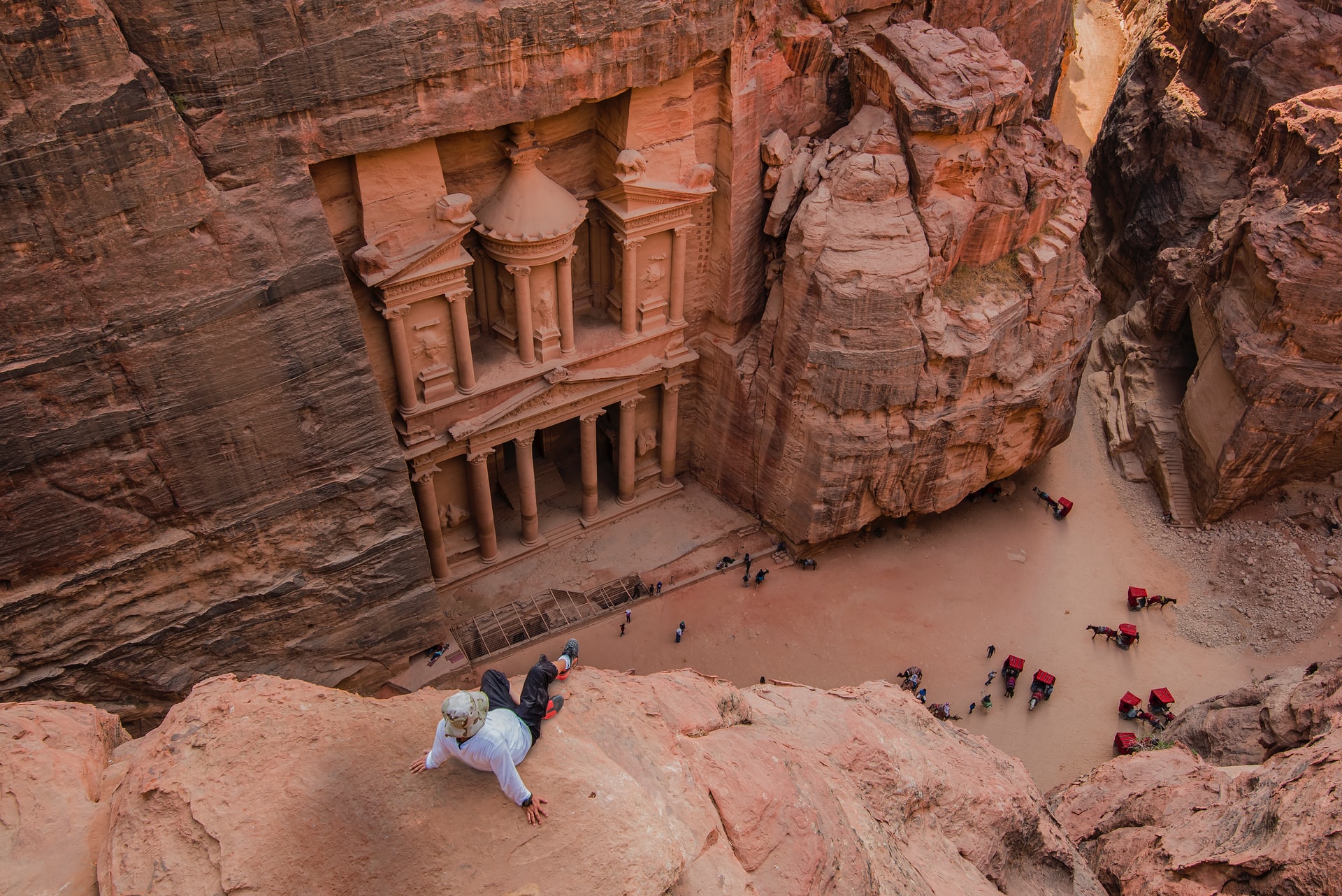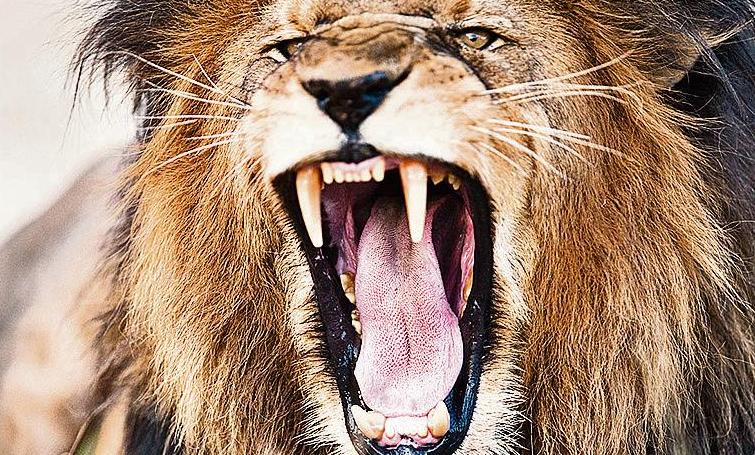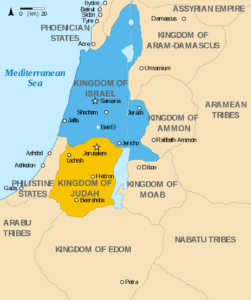
[Listen to an audio version of this sermon here]
For some reason, the death of my Grandmother, Dorothy Basham, in November of 2022, has been particularly sobering for me. I have one Grandparent left, my Grandfather David Keith. Once he is gone, that entire generation of grandparents will be gone. For some reason, my Grandmother’s death made me think on this more deeply. Perhaps it’s because I have often thought of saying something or mentioning something to her or asking her something, and then I remember that she’s gone. All this reminds me of the fact that I am headed to the grave, and one day I will join them.
Death is not the way it is supposed to be. God did not create humans to experience death but to live in joy forever. Nowhere is this more poignant than the death of a child. We always expect that our children will outlive us. I was with a woman recently who experienced a joyful occasion where everyone was happy and rejoicing. But . . . it reminded her of the death of her son. She was weeping uncontrollably and had to leave. My heart went out to her both because I saw that everyone was happy and yet I realized that this reminded her of that which hurt her more than anything else in the world could.
We need to think about this. It is part of life, and it has extreme significance. Here, in this passage we encounter a death. It is the death of Jesus, the Son of God. What does this event tell us about death? Does it help us in any way as we process our own death and the death of those we love? That’s what we want to consider here. There are two aspects to this story that will be our two points, the death of Jesus and the burial of Jesus. Then, I will conclude by making some points about the suffering of Christ in general.
The Death of Jesus
There are two things that happen in our text which indicate opposite things, the darkness and the rending of the temple veil. Let me explain.
First, consider the darkness. Think about what it must have been like to see the crucifixion. Jesus had already been crucified, and then thick darkness comes over the land. The sun stopped shining. Here is a scene where Jesus was crucified and the movements of the weather cause it to be black and dark. The weather, which is under the control of God, demonstrated the blackness of the whole event, the reign of darkness, as Jesus said.
However, there is something more. In the Bible, the darkness and clouds represent the judgment of God. Joel, for example, describes the day of judgment as a “day of darkness and gloom, a day of clouds and blackness” (Joel 2:2). However, this day of darkness and gloom was always coming upon people because of their sin. As Zephaniah the prophet said when he was speaking of another such day, it was “because they have sinned against the Lord” (Zeph. 1:16).
The question here is, why would the judgment of God come against Jesus? He was the beloved Son in whom the Father, just a short time ago had said, “He was well pleased.” Jesus had not done any wrong. He was so sure of this that He said that none of them could show where He had sinned. This may seem prideful, but it is not. Humility is an accurate estimation of what we are and that is almost all there is to it.
So, again, why would the black clouds of judgment come against Him? Because He was there as the representative of sinful humanity. He was there as their substitute. He died because “they have sinned against the Lord,” and He was experiencing judgment on their behalf so that they would not have to. His death in place of ours.
That leads us to the second image here. The veil of the temple was torn in two. It was a thick heavy curtain, and, miraculously, it was ripped in two from top to bottom. Now the veil guarded the way to the holiest place in the temple. Only the high priest could enter there where the ark of the covenant was, and that only once a year! It was a symbol of God’s grace and the sacrifice of atonement that Jesus would make, but it was also a reminder that the way had not yet been opened. They were still shut out from the presence of God unless the true sacrifice took place.



 The first thing is to understand that the people of Israel were divided into two nations. Remember that God had raised up David to reign over His people and that under his son, Solomon, the united nation had done amazing things. However, when King Rehoboam son of Solomon succeeded to the throne, 10 of the tribes revolted. They formed the northern kingdom which was called “Israel” with its capitol in Samaria. The tribes of Judah and Benjamin remained loyal to the house of David. This is the southern kingdom, and it is called “Judah” with its capitol in Jerusalem. This is crucial background information for much of the work of the prophets.
The first thing is to understand that the people of Israel were divided into two nations. Remember that God had raised up David to reign over His people and that under his son, Solomon, the united nation had done amazing things. However, when King Rehoboam son of Solomon succeeded to the throne, 10 of the tribes revolted. They formed the northern kingdom which was called “Israel” with its capitol in Samaria. The tribes of Judah and Benjamin remained loyal to the house of David. This is the southern kingdom, and it is called “Judah” with its capitol in Jerusalem. This is crucial background information for much of the work of the prophets.